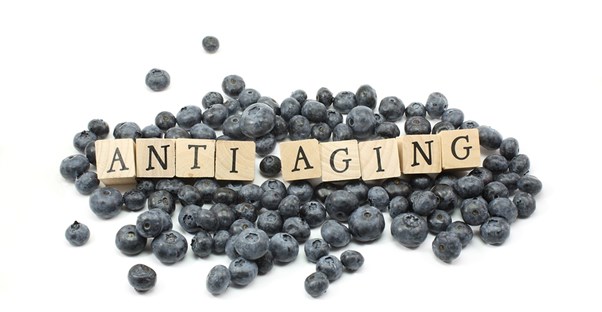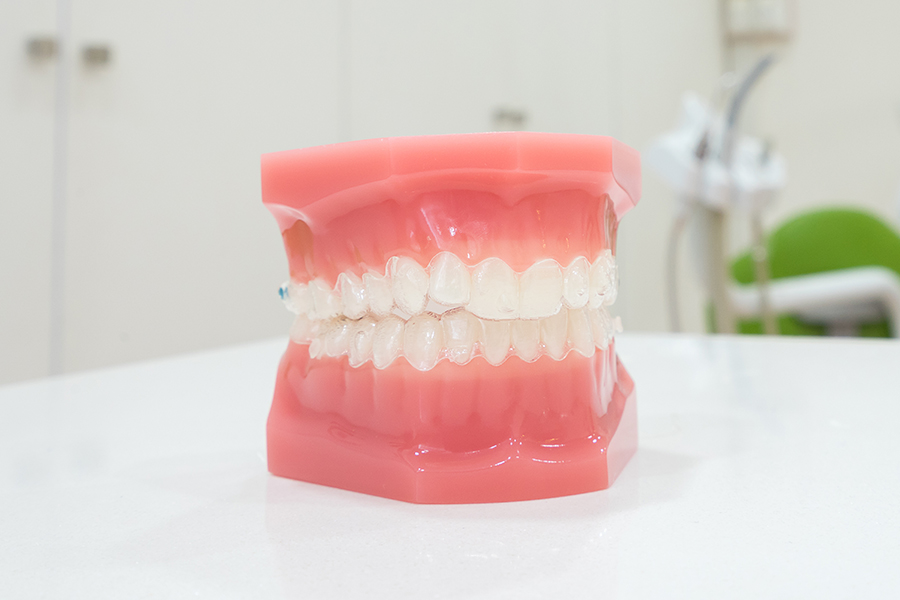Tips for Managing Your Crohn’s Flares

Crohn’s disease is a chronic inflammatory bowel disease that affects the entire digestive tract, from the esophagus to the large intestine. Although there are generally periods of time when the disease is virtually asymptomatic, the disease will alternately flare up and interfere with the digestive tract.
According to the Crohn’s and Colitis Foundation of America, a Crohn’s flare is often characterized by abdominal pain, diarrhea, urgency, decreased appetite, and unintended weight loss. While there are means of decreasing the frequency and intensity of these flares, it’s virtually impossible to get them to disappear altogether. Here are a few tips for managing Crohn’s flares when they crop up.
Change Your Medications
It can be frustrating to do everything right to manage your Crohn’s and still experience flare ups, but this is completely normal. If your treatment plan has been successful for some time, a sudden flare up can be indicative of a need to change your medication or increase your dose. Make sure to discuss flare ups with your doctor to ensure you are getting the best care possible.
In addition to changing your regular medication, short-term medications may help manage flare up symptoms as well. Never take new medications without checking with your doctor first, though. Some medications, even those you can get over the counter, can trigger flares or even make them worse. Try using heating pads, ice packs, and like remedies to get through any Crohn’s-related pain and discomfort. Additionally, report any severe periods of diarrhea to your doctor so they can make sure you aren’t dehydrated.
Follow a Strict Diet
Diet is one of the biggest keys in preventing flares. Although most foods aren’t going to damage your digestive tract, they may trigger symptoms. These foods can be different for everyone. If things have been going well, and you’ve allowed yourself a slight slip and notice a flare up starting, get back on the wagon. Avoid spicy foods, greasy, fatty foods, alcohol, dairy products, sugary drinks, and any foods you know are a trigger for you in particular. Eat foods that are gentle on your stomach and easy to digest. Chicken broth, crackers, and canned vegetables are good options.
Most importantly, make sure that you are eating. It can be hard to convince yourself you need to eat when your entire digestive tract is out of whack, but you aren’t doing yourself any favors by depriving yourself of nutrients. Drink plenty of water — at least 64 ounces a day (you’ll be better off doing this over the course of the day rather than in large quantities at once) to stay hydrated. Increase this number if you’re experiencing diarrhea, and you might need to consider adding in drinks that will give you electrolytes as well.
Relax
Your body is so interdependent that even unrelated things can impact a Crohn’s flare. If you haven’t been getting enough sleep, this may impact flares. During flares, it’s very important to get plenty of rest and not push yourself too hard. It can be frustrating to feel limited, but giving yourself a little break will mean you are limited for a shorter length of time.
Likewise, high levels of stress can push your body harder than you realize. During periods of time when you either know you are approaching high-stress periods or when you realize you’ve been very stressed out, take measures to reduce that stress to relieve Crohn’s flares faster. Yoga, meditation, and getting away from the situation can all help. Even learning to prioritize and not feel forced to take on responsibilities can be a godsend. Taking care of your body can only do good things for you.








